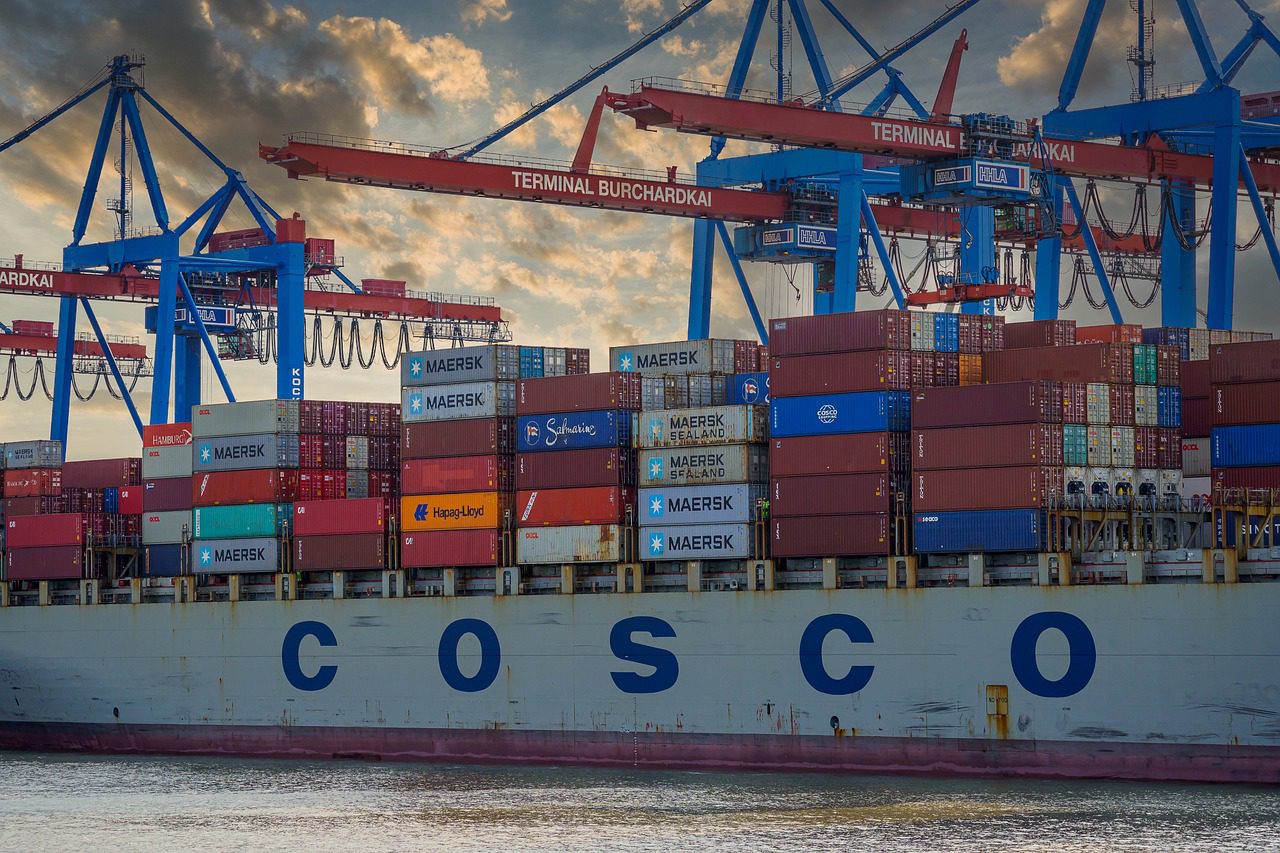
Effectiveness of mandatory human rights and environmental due diligence legislation in addressing modern slavery in business value chains
Overview
This is an updated version of the Policy Brief first published in May 2022 which was the second2 in a series of Policy Briefs to assess the evidence base on the effectiveness of different regulatory interventions to address modern slavery in global supply chains, a key research priority for the Modern Slavery PEC, as set out in our Strategy. This Policy Brief assesses the evidence base on the effectiveness of mandatory Human Rights and Environmental Due Diligence (mHREDD) legislation. That is, regulatory instruments somewhat based on international normative frameworks such as the UN Guiding Principles on Business and Human Rights (UNGPs)3 and the OECD Guidelines for Multinational Enterprises (OECD guidelines),4 that require businesses5 to undertake due diligence to identify, prevent, mitigate, and account for actual or potential human rights and environmental adverse impacts related to businesses’ own operations and their value chains.6
This assessment was undertaken in light of the global uptake of the concept of Human Rights Due Diligence (HRDD)7 by businesses, investors, governments and civil society, and the momentum towards establishing mandatory HREDD legislation across the world,8 including calls from Parliamentarians and civil society organisations in the UK.9 Earlier this month, the European Council approved10 a watered-down version11 of the European Commission’s initial proposal for a Corporate Sustainability Due Diligence Directive (CSDDD) which aims to increase the protection of environmental and human rights. The CSDDD is preceded by national legislative developments, namely in France, 12 Germany,13 Norway, 14 Switzerland, 15 and the Netherlands, 16 that mandate different forms of human rights and environmental due diligence to businesses.
This Policy Brief is based on an evidence review of mHREDD legislation developed and in force,17 which considered English-language publicly available academic literature and reports produced by NGOs, governments, and international organisations. 18 Since the first publication of this brief, all the above mentioned national mHREDD laws have entered into force,19 the number of complaints and judgements against businesses in relation to these has increased,20 and numerous organisations have provided legal analyses on the positions of the European Council and Parliament21 during the trialogue discussions on the CSDDD. However, the general quality of the evidence is relatively low due to a lack of empirical studies assessing the effectiveness of mHREDD laws. The evidence presented here is mostly based on legal analyses, conceptual or theoretical academic papers, and stand-alone reports produced by CSOs and industry actors.
The remainder of this Policy Brief is structured around seven thematical sections preceded by a discussion of key findings and research methods.
1. The concept of mHREDD legislation and its relevance to modern slavery;
2. The development and implementation of mHREDD laws;
3. The effectiveness of mHREDD laws;
4. The practical impacts of mHREDD legislation for businesses;
5. The connections between mHREDD laws with other related policy areas;
6. Actual or potential wider consequences of mHREDD laws;
7. Priorities for future research.
Key Findings
MHREDD laws are increasingly being developed and implemented in Europe but they are not homogenous (see Annex
- Generally, they apply to certain large companies, attach some form of legal liability for failure to meet HRDD requirements, and are, to some extent, based on the UNGPs and the OECD guidelines.
- MHREDD laws differ in several ways, including the actors, and human rights they cover, whether they extend the responsibility to supply or value chains, their liability provisions, and their oversight and enforcement mechanisms.
- Most mHREDD laws have not been developed in meaningful consultation with rightsholders,22 vulnerable communities,23 and people with lived experience of human rights abuses such as modern slavery.
MHREDD laws may play a role in increasing awareness of HREDD,24 improving corporate disclosure of human rights risks,25 encouraging businesses to implement HRDD processes,26 including increasing human rights risk management,27 and increasing corporate human rights practices, especially of those falling behind in the voluntary adoption of human rights due diligence.28 However:
- There is very little empirical evidence in English on the effectiveness of mHREDD laws, especially in preventing, mitigating, and remediating human rights abuses, including in relation to impacts in the Global South. This is potentially due to the recent implementation of these laws, a lack of investment in monitoring and evaluation of these laws, and the complexities of measuring outcomes.
- mHREDD laws should be considered as part of a “smart mix” of policy measures to address business-related human rights abuses.
Policymakers should consider several factors that may influence the effectiveness29 of mHREDD legislation (see section
- State-based monitoring and enforcement, liability provisions, and incentives may influence business compliance with mHREDD laws (effectiveness type 1: Compliance).
- Legal clarity and specificity, detailed disclosure requirements, a balanced approach between contractual assurances, leverage and purchasing practices, and resources and capabilities, may influence the extent to which mHREDD laws change corporate behaviour (effectiveness type 2: Changing business behaviour).
- The extent to which mHREDD laws are part of a wider and coherent policy approach, include international recognised human rights, cover a diverse range of entities, focus on impacts for rightsholders, and address power imbalances may influence their effectiveness in preventing, mitigating, and remediating for human rights abuses (effectiveness type 3: Addressing modern slavery).
MHREDD laws can complement other legislative efforts to address human rights abuses including supply chain transparency legislation, public procurement laws, and forced labour import bans. However, there is little English-language evidence on how this might operate in practice, as most of the analysed legislation only recently came into force. See section 5. • The risk of divestment and divergence are some wider potential consequences of mHREDD legislation to consider that may influence their effectiveness in addressing actual prevalence and incidence of modern slavery as discussed in section 6.
